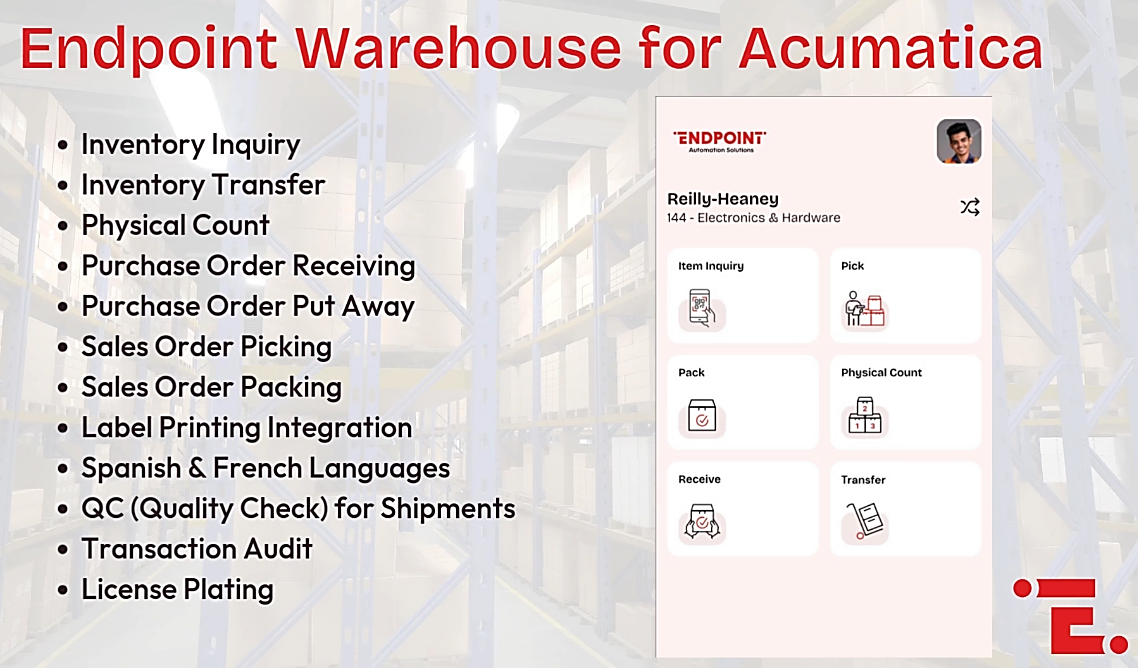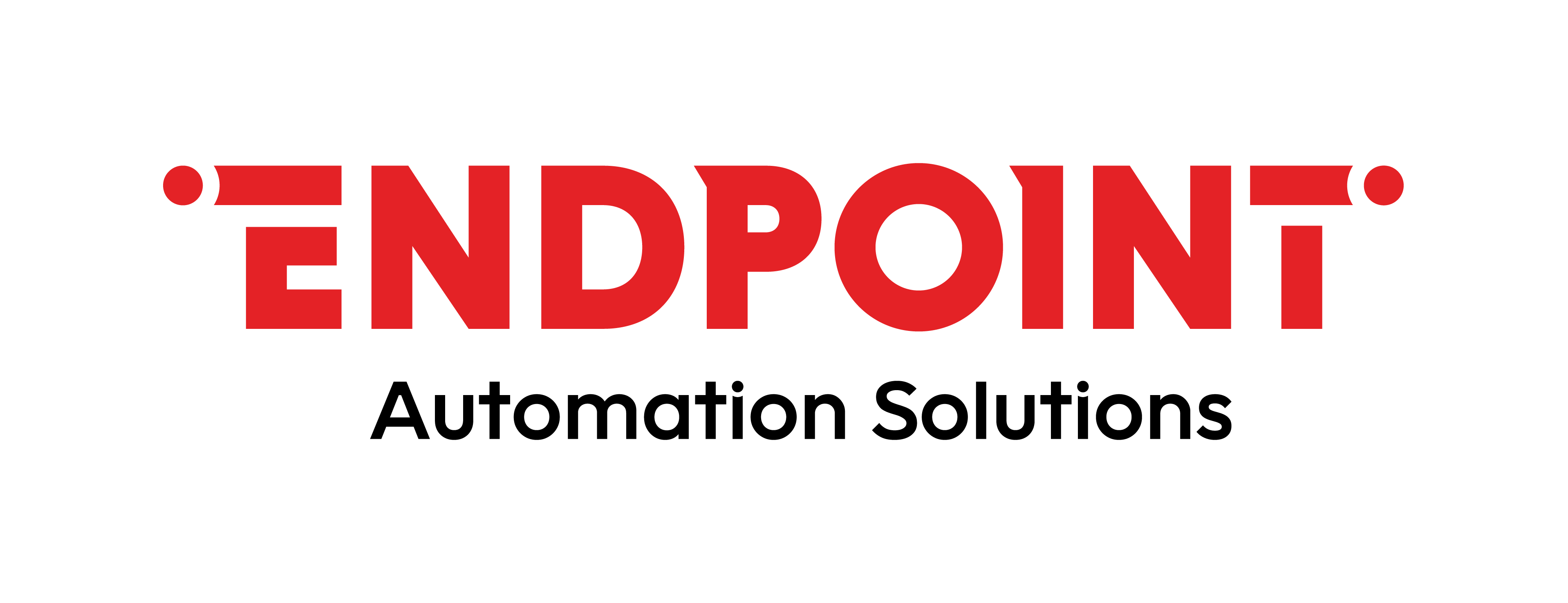March 5th 2025 10:26:27 AM
Why Business Management System Implementations Fail
March 2nd 2022 15:29:25 PM

With the start of the new year, many companies get the “fresh start” itch with their business management systems. They look to finally fix the systemic issues that have been left unresolved in deference to more important corporate problems. This exploration often leads a company to conclude that they need to re-implement the current application or implement a brand new one altogether. Inevitably, they believe a complete evaluation of old workflows and a new approach to business applications is necessary to make a real impact on the enterprise. However, is burning the haystack to find the needle always the best option?
The ERP software industry is notorious for long, painful system implementation cycles that leave customers unhappy or indifferent about their ultimate solution. Many projects end up constrained by artificial deadlines and budgets. As a result, a project team might trade off desired features and enhancements promised in the sales cycle to make a go-live date or not-to-exceed budget number.
Whole projects can be put on hold or even “scrap-heaped” entirely when things go wrong. At that point, the fingers start pointing. Perhaps you’ve heard these lines: “The salespeople lied about functionality.” “The product is buggy.” “The project team made mistakes.” No doubt, when the software fails, all these factors can come into play, but no one factor is ever the single point of failure. In my experience, it always comes down to expectations. Unfortunately, expectations are often a moving target.
Common Reasons for Implementation Failure
Let’s take a closer look at some of the common reasons for software implementation failure.
Reason #1: Salespeople lie. As a salesperson for over 30 years in this industry, I can say there are good and bad players in our rank. However, the reality is that while most sales cycles can take months, very little actual time is spent in discovery and due diligence. This is not just because salespeople want to close the business quickly. More often, it is the prospective customer who does not want to spend the time required to talk about processes, pain points, and workflows. Paying for a proper Needs Analysis is almost always out of the question. Even when a Needs Analysis is done, it is usually just a generic template that does not translate specifically to the ultimate software solution.
Instead, solution searches are done with parallel sales efforts by two or more software selling teams that are more focused on beating the other side than challenging a prospect’s inherent processes or expectations. This process is made even more difficult with the advent of remote discovery during the Pandemic. A few weeks to learn all the ins and outs of a business that likely took decades to build is just not enough time. While the implementation partner does bring incumbent knowledge to the process, it isn’t enough.
Look at it this way. Suppose you were to take over a new business that you knew very little about other than the industry. How long would you give yourself before making a permanent decision about the company’s future direction? How long would you wait to trust that the people running the business are telling you the truth and not just their version of it? How often would you ask the same question until you were confident of the correct answer? When would you feel comfortable enough to start steering the organization in a different direction? Two weeks? One month? One hundred sixty hours of total time? Not likely. Yet that is precisely what we do for business software selection.
The sad truth is the problem is not the salesperson; instead, it is the process they are forced to use to sell software. Essential issues are inevitably missed. The seller will not dig deep enough, customers will glance over important issues, and not everyone will have buy-in. All these things are a given at some level in our sales process. The best companies in the industry have learned to work around the inadequacies of the native process. Yet, we all still make the same mistake every time that can doom an implementation. When customers, partners, and publishers all sign on the dotted line, they assume that most issues have been identified and uncovered when they likely have uncovered very little. That is the start of the mismatch of expectations.
Salespeople do not lie to us; we all lie to ourselves.
Reason #2: Products are buggy. I recently saw this statement on a competitor’s website about Scanco’s products. It made me laugh. As if you could produce a million-plus lines of code, and it comes out perfectly every time! Most of us cannot text 160 characters without a spellcheck correction. All software has bugs in it. That is not a defeatist statement, it is a truthful one, and anyone who tells you otherwise really is a lying salesperson.
Scanco has 2000+ customers using our software every single day. They have done this successfully with us for over 25 years. If our software did not improve their world, they would not use it. That does not mean the software is perfect. Scanco works hard to fix software issues. Still, when a customer says they moved to another software just because our software was buggy, I know they are not being honest with themselves. They have not set realistic expectations. We tend to allow ourselves to believe that software will solve all our problems. It will not make the perfect cup of coffee for you in the morning.
But it can help you do your job better.
Set realistic expectations and be honest about what business systems can AND cannot do for you.
Reason #3: The Project Team made mistakes. This could be the most legitimate reason projects fail. Choosing the right implementation partner is critical. Having been in the value-added reseller business for over 25 years, I know this is a complex decision that deserves an editorial of its own. What you need to know is that an implementation consultant only does as much as 30% of the necessary work to get a system up and running. Unfortunately, most Statements of Work only show the consultant’s work effort for the implementation line items, not the customer’s required work effort. Even the consultants that disclose customer work effort will way undershoot the ratio. The truth is that for every hour the consultant bills, the customer should expect 10-40 hours of work effort. That might sound crazy, but consider all the discussions, decision-making, data cleansing and migration, training, and independent learning on the system that happens after go-live. Unfortunately, all this work must be done while the customer is still doing their day-to-day jobs. If this were a required disclosure in the sales process, far fewer business systems would be sold.
So, when a Project Team “makes a mistake,” it is not a knowledge gap but an expectation gap. They expect the customer is ready, willing, and able to put in the effort to take ownership of an ERP application. It is a fair expectation. However, if the customer is not committed to the actual effort needed to implement, either the project stalls or the consultant blows the budget because they are forced to do most of the work. Often the project team waits too long to put on the brakes.
Ultimately, these mistakes can be avoided by setting and managing expectations better.
Avoid the Expectations Gap
How do we avoid these expectations gaps when implementing new business management systems? The best way is to get a proper professional service needs analysis. This should not be a generic highlights document but one that directly looks at the gap between your current and future software. Preferably, it is done by the people accountable for implementing the system.
You may even need to spend money on due diligence for software you might decide not to buy. It is worth it. If you are not ready to spend the money on a proper needs analysis, you may not be prepared to select a new business system. Hold off and save yourself the grief. Really, it is worth your time and money to do this. Do not worry about the needs analysis being biased toward a particular solution. Today, most applications will get you 90% of the way to your goal. It is the additional 10% that will kill you. If the people doing the analysis also have to deliver on the solution, believe me, they will focus on getting the 10% right.
In the end, business system implementation success depends on knowing what you truly need, setting proper expectations, and putting in the time and money required to do the job correctly.
Scanco Professional Services Group
Scanco’s Professional Services Group (PSG) is a highly skilled group of individuals who have expertise with ERP software and warehouse and manufacturing processes. PSG engagements are not just for new implementations. They offer efficiency consulting and process reviews that are better performed after you have gone through a few cycles on the software. At that point, the users know enough to be dangerous and are starting to “work around’ perceived inadequacies. This can be the best time to have a 3rd party who knows the product well come in and challenge processes, workflows, and configurations on a solution. Learn more and contact us.

About the Author
Andy Nunez, CEO at Scanco, has over 25 years of experience in the Microsoft, Sage, Acumatica, and NetSuite channels. He spent more than 10 years at SWK leading software sales efforts.













